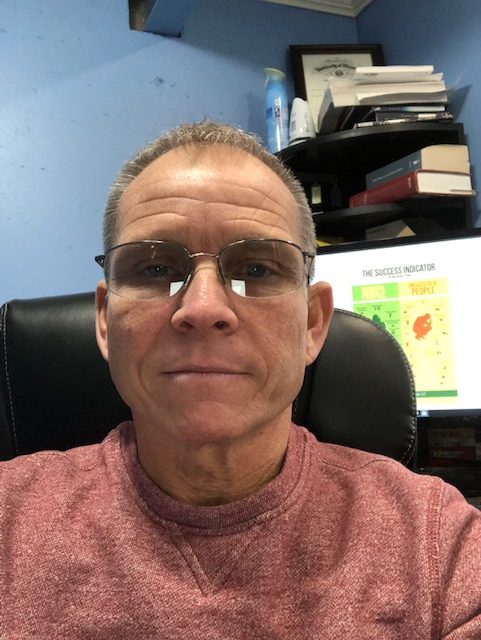“Do I really need to go to treatment again?” This is a question we hear all the time from people returning to our community after incarceration. My response is often NO and here is why.
As a result of the ‘War on Drugs’ and our failed policies which criminalized addiction, experts agree that 90 – 95% of everyone in prison has a substance use disorder which led either directly or indirectly to their incarceration. And while many people in prison can and do stay clean throughout their incarceration (sometimes for years), they remain at exceptionally high risk of relapse upon their release.
The Missouri Department of Corrections is acutely aware of the issue, and thus it often requires offenders to have a substance use evaluation upon their release from prison. They are then mandated to participate in whatever services the assessment deems appropriate. We see two main problems with the current process. First, because our treatment centers are already busting at the seams, people released from prison are often put on a wait list of eight weeks or more for the required evaluation. I would argue that after eight weeks the person will have already figured out what they need to do to stay clean, or they will have already relapsed, in which case the cycle is started all over again. Second, current evaluation instruments do not effectively distinguish between “clean time” in the community and “clean time” in prison. So, the results of the screening and assessment often indicate that services are not required. After all, the person may have three years of no-use upon their release after serving three years in prison. Counselors certainly have the option to override the assessment results but then what? Do we put someone with three years of clean time in a group with people who had a needle in their arm last night?
We have been doing business the same way for far too long. We tend to either determine that people released from prison do not need treatment at all and we hope for the best, or we refer them to a clinical treatment program. While the second option may appear to be the right choice, we rarely see people released from prison who have not already been through numerous treatment programs. In fact, many people in prison complete very intense treatment programs while incarcerated and come out only to be told they need to go back to treatment again.
Fortunately, Boone County now has a third option which is called Recovery Support Services (RSS). There are significant differences between recovery support services and clinical treatment services. Recovery support services are very much peer-driven. This means rather than meeting with a counselor in a clinical setting, participants meet with a Peer Support Specialist in a more informal environment. A Peer Support Specialist is someone who has “lived experience” and has completed the DMH approved peer support specialist training. The training teaches peers how to use their own story and experience to ignite hope and provide guidance as people navigate through their transition process. Recovery support services are designed to get people relationally connected to others who have been or are currently going through the same life challenges as themselves. The research is pouring in on the effectiveness of recovery support services and the use of peer support specialist.
Boone County will soon be the home to the Recovery Support and Reentry Opportunity Center (RSROC). The Grand Opening will be on October 17th starting at 9:30am. (See Partners Corner for more details) This one-stop-shop for people being released from jail or prison to Boone County will provide the recovery support services noted above. When fully operational, the RSROC will begin providing services to people released from jail and prison the SAME DAY they are released – when they are at their highest risk. For more details about the RSROC please read through Partners Corner in this newsletter.


Recent Comments